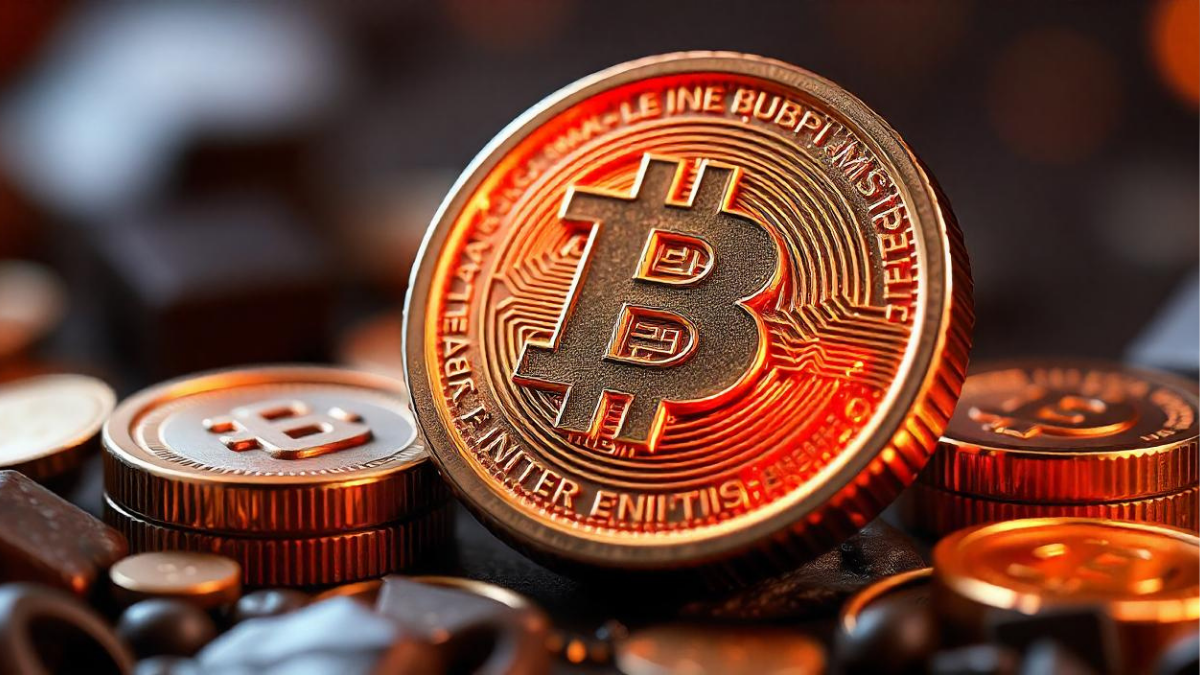ARTICLE AD
The mysterious return of funds sparks hope for ZKasino victims as the investigation continues.
In a surprising turn of events, more than $20 million worth of bridged Ether has been mysteriously returned to the multisignature wallet of blockchain-based gambling project ZKasino, nearly three weeks after users accused the platform’s founders of orchestrating an exit scam.
On May 9, an X feed dedicated to recovering funds from the ZKasino exit scam reported that almost $21 million worth of wstETH (wrapped Lido staking ETH) had been transferred back to the project’s multisignature wallet. This development has led some to believe that investors may soon receive their funds as originally promised by the project.
The returned 6,021 wstETH equates to approximately two-thirds of the amount that went missing during the alleged heist, prompting speculation about whether the scammers are preparing to refund the victims. ZKasino had launched on April 20, offering an airdrop in its native token ZKAS to users who bridged ETH to the platform, with the promise of returning the ETH.
However, instead of honoring this commitment, the gambling project moved around $33 million worth of users’ bridged Ethereum to the staking protocol Lido Finance.
The incident led to accusations of an exit scam or rug pull, as more than 10,000 people had bridged assets based on the protocol’s pledges, which they claim were later broken. On April 29, Dutch authorities arrested a 26-year-old man suspected of being involved in the alleged ZKasino scam, seizing around $12.2 million worth of cryptocurrencies, real estate, and luxury cars from the suspect.
Despite the arrest, illicit funds continue to move on-chain, suggesting that other potential attackers may remain at large. However, the recent movement of funds back to the project’s multisig wallet has renewed hope for the victims.
According to figures from onchain intelligence firm CertiK, April saw $25.7 million worth of crypto lost to scams and hacks, not including the ZKasino incident. This is the lowest historical figure since 2021, when the firm began tracking the data.
The information on or accessed through this website is obtained from independent sources we believe to be accurate and reliable, but Decentral Media, Inc. makes no representation or warranty as to the timeliness, completeness, or accuracy of any information on or accessed through this website. Decentral Media, Inc. is not an investment advisor. We do not give personalized investment advice or other financial advice. The information on this website is subject to change without notice. Some or all of the information on this website may become outdated, or it may be or become incomplete or inaccurate. We may, but are not obligated to, update any outdated, incomplete, or inaccurate information.
Crypto Briefing may augment articles with AI-generated content created by Crypto Briefing’s own proprietary AI platform. We use AI as a tool to deliver fast, valuable and actionable information without losing the insight - and oversight - of experienced crypto natives. All AI augmented content is carefully reviewed, including for factural accuracy, by our editors and writers, and always draws from multiple primary and secondary sources when available to create our stories and articles.
You should never make an investment decision on an ICO, IEO, or other investment based on the information on this website, and you should never interpret or otherwise rely on any of the information on this website as investment advice. We strongly recommend that you consult a licensed investment advisor or other qualified financial professional if you are seeking investment advice on an ICO, IEO, or other investment. We do not accept compensation in any form for analyzing or reporting on any ICO, IEO, cryptocurrency, currency, tokenized sales, securities, or commodities.

 8 months ago
42
8 months ago
42 

